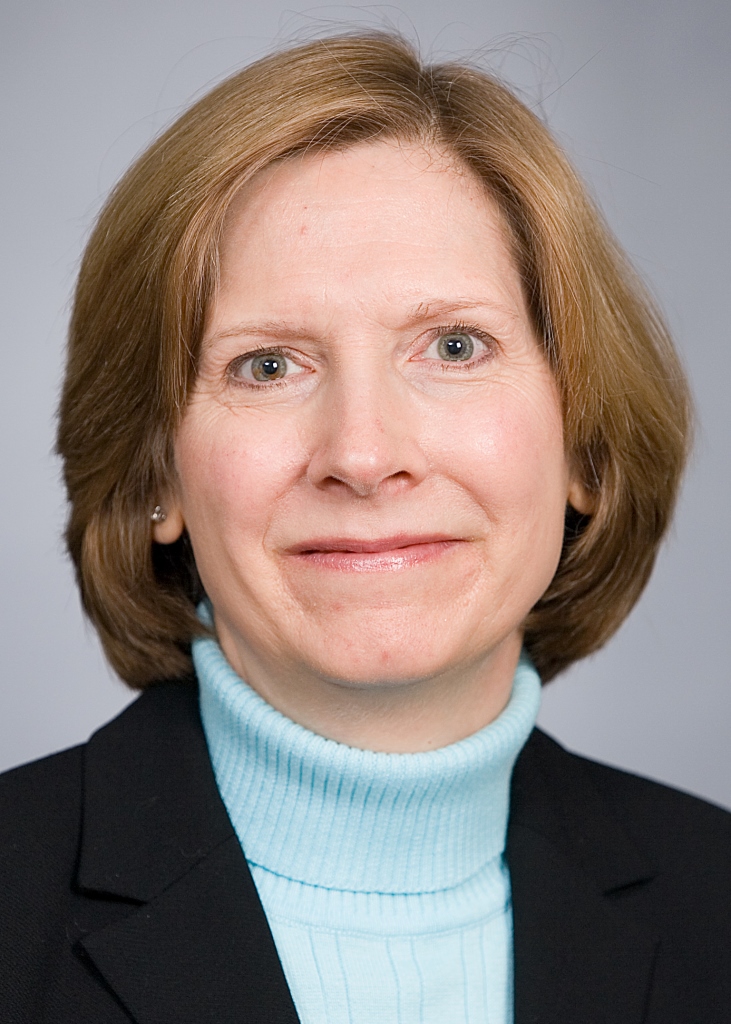Clark University and Center for Creative Leadership publish research on workplace motivation
It is often said that “money talks,” but does it motivate? While many organizations use salary, bonuses, stock options, and promotions to motivate managers, a recent study reveals that relying on these types of extrinsic rewards alone is not guaranteed to foster productive and loyal employees.
A new study by researchers at the Center for Creative Leadership (CCL) and Clark University reveals that the most effective way to motivate managers is by providing “intrinsic rewards” such as psychological well-being, joy, learning, and fulfillment.
Insights from this study, published in the Journal of Vocational Behavior last year, are described in a white paper, “Motivating Your Managers: What’s the Right Strategy?”, now available on CCL’s website. It explains how managers’ different motives work together to influence their job attitudes. Further the research suggests that the following conditions or circumstances help unlock internal motivation:
- Bosses who provide support and encourage self-direction;
- Rewards systems that affirm, not manipulate; and
- Limiting organizational politics.
The study was conducted by Laura Graves, professor of management in Clark University’s Graduate School of Management; Kristin Cullen-Lester (Senior Research Scientist), Marian Ruderman (Director, Research Horizons and Senior Fellow) and Bill Gentry (Director, Applied Research Consulting Services & Senior Research Scientist), all of CCL; and doctoral student Houston Lester of the University of Nebraska at Lincoln.
Over 300 managers who attended leadership development programs at CCL took part in the research. They worked at middle, upper-middle, and executive levels and came from numerous organizations.
Researchers examined four types of motivation (ranging from other-directed to self-directed). By examining how managers incorporated the four types of motivation into their work, researchers were able to identify six distinct motivational profiles.
Results showed that:
- Managers who are motivated by internal drivers (e.g., learning, doing interesting and enjoyable work, and fulfilling personal goals) are the happiest at their jobs, the most productive and less likely to leave their organizations,
- Conversely, managers who are not internally motivated reported the lowest job satisfaction and are the biggest turnover risk, and
- The presence of external motivation (working to get external rewards such as bonuses and other financial incentives from their employer) did not affect managers’ feelings about their jobs.
“Being driven by external motivation isn’t necessarily bad, but it needs to be paired with internal motivation. Managers whose profiles include high levels of internal motivation are more satisfied, committed, and less likely to leave the organization,” Graves said.
“An organization’s strategy for motivating managers shouldn’t be one size fits all,” said Kristin Cullen-Lester. “Given that each manager has a mix of motivations, we suggest that different combinations of motives matter in understanding attraction, retention, and engagement.”
Professor Graves studies issues related to leadership, motivation, work/family integration, and managing diversity. She is co-author of “Women and Men in Management and is a former chair of the Gender and Diversity in Organizations Division of the Academy of Management. She has also served on the editorial board of Academy of Management Journal. Professor Graves received the 1999 Sage Scholarship Award for Contributions to the Management Literature from the Gender and Diversity in Organizations Division of the Academy of Management.
The Center for Creative Leadership (CCL®) is a top-ranked, global provider of leadership development. By leveraging the power of leadership to drive results that matter most to clients, CCL transforms individual leaders, teams, organizations and society. Our array of cutting-edge solutions is steeped in extensive research and experience gained from working with hundreds of thousands of leaders at all levels. Ranked among the world’s Top 5 providers of executive education by Financial Times and in the Top 10 by Bloomberg BusinessWeek, CCL has offices in Greensboro, NC; Colorado Springs, CO; San Diego, CA; Brussels, Belgium; Moscow, Russia; Addis Ababa, Ethiopia; Johannesburg, South Africa; Singapore; Gurgaon, India; and Shanghai, China.
Founded in 1887 in Worcester, Massachusetts, Clark University is a liberal arts-based research university addressing social and human imperatives on a global scale. Nationally renowned as a college that changes lives, Clark is emerging as a transformative force in higher education today. LEEP (Liberal Education and Effective Practice) is Clark’s pioneering model of education that combines a robust liberal arts curriculum with life-changing world and workplace experiences. Clark’s faculty and students work across boundaries to develop solutions to complex challenges in the natural sciences, psychology, geography, management, urban education, Holocaust and genocide studies, environmental studies, and international development and social change. The Clark educational experience embodies the University’s motto: Challenge convention. Change our world.
–Angela Bazydlo, associate director of media relations




















